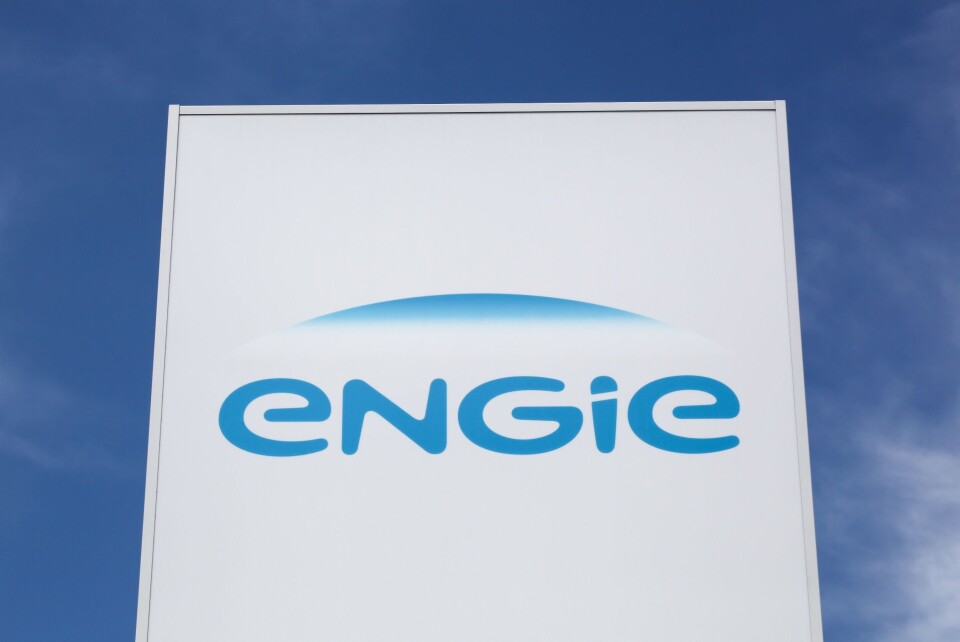-
Why gas prices in France are rising in April - and by how much
It comes after six consecutive monthly rises. Try these tips to reduce your bills
-
Why do many think wood-fired boilers will be banned in France - and is it true?
A new poll found that a majority of people believe a ban on wood-fired boilers and stoves will come into force from 2027
-
French home energy cheque aid will be sent later in 2025 - who gets this?
Changes mean vouchers can no longer be used for eco-renovations
French energy firm offers discount to homes receiving energy cheque
The average discount will be around €100 per customer, Engie said, in a move that is set to cost it €90million

Energy company Engie is to give a discount of around €100 on average to households in France that are set to receive an energy cheque (chèque énergie) this year, in a measure that will apply to 880,000 people.
The director general of the group, Catherine MacGregor, confirmed the news in an interview with newspaper Le Parisien.
The discount received will be proportionate to the amount stated on the energy cheque. It will apply from November.
The move will cost Engie around €90million, and will benefit 880,000 people in France, the group told AFP.
Ms MacGregor said that the offer had been made in a bid to help the worst-hit households deal with the effects of rising inflation and energy bills.
She said: “We are aware of the reality of inflation and concerned about the difficulties encountered by our clients, whether they are households or manufacturers.
She added that the group has also set up a €60million support fund for small and medium-sized businesses. This “will enable them to have access to the guarantees they need to buy energy", and even to "payment facilities when they are struggling to pay bills", she said.
Doubled profits
It comes as Engie announces €5billion profits for the first semester of 2022. This is more than double its posted profit at this time last year (which was €2.3billion). This increase is due to energy price rises.
This windfall is not limited to Engie: TotalEnergies has, for example, just recorded a profit of €5.7billion in the second quarter of 2022, 2.5 times more than it made in the same quarter last year.
The soaring profits of energy and fuel companies has led to a debate in Parliament over a left-wing proposal to introduce taxes on such ‘superprofits’.
Prime Minister Élisabeth Borne has said that there is no point imposing a windfall tax on TotalEnergies and other companies, adding that: “we are asking these firms to help us, to help people in France who, currently, with inflation, may be having difficulties with their spending power”.
TotalEnergies has, for its part, announced a 20-cent discount per litre on fuel in September and November (on top of the government’s existing 18-cent rebate, which is set to increase to 30 cents next month).
Read more: France set to increase fuel refund from 18 to 30 cents in September
Of Engie’s planned support for lower-income households, Ms MacGregor said: “This is above all a civic gesture, to help our customers. Engie does not produce gas, but buys it and sells it at the market price. So there is no excess profit there.”
On the subject of tax on profits, she said: “On electricity, some assets, notably our nuclear plants in Belgium, have indeed benefited from high energy prices. They are subject to a tax and profit redistribution regime that is already very well defined.
“This allows us to return a significant proportion of these profits to the states concerned," she said.
Engie is the largest gas supplier in France, and is 24% government-owned.
Inflation and energy caps
Inflation has reached record levels in France, and the government has extended the ‘bouclier tarifaire’ (price shield) to freeze gas prices and cap electricity tariffs at an increase of just 4%.
Read more: France extends energy price cap measure to the end of 2022
This measure was first introduced in November last year. It had been set to end on June 30 but has now been extended until the beginning of 2023.
Related articles
French energy companies call for immediate action to cut back on usage
EU votes to reduce Russian oil imports by 90% before 2023
French energy bill cap will not cause 2023 price rise, says minister
French energy tariff freeze: public may face rises of 8% next year
























